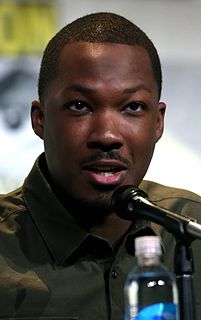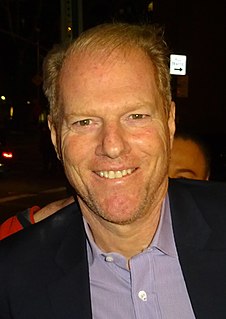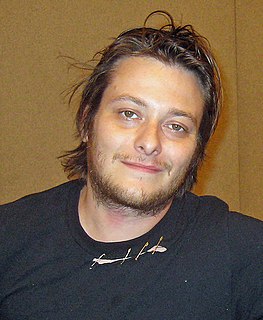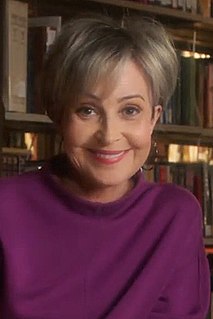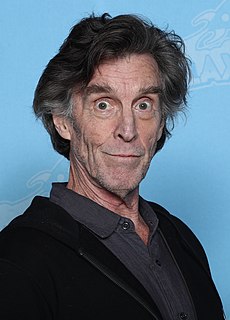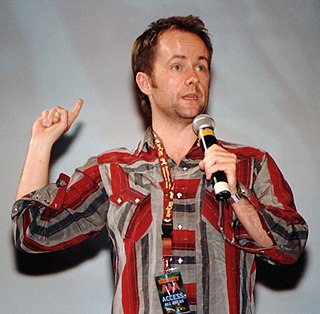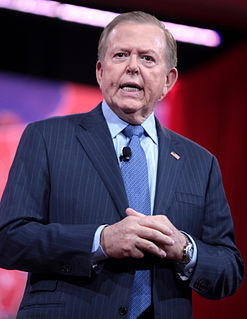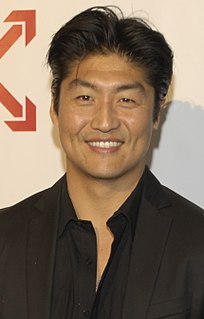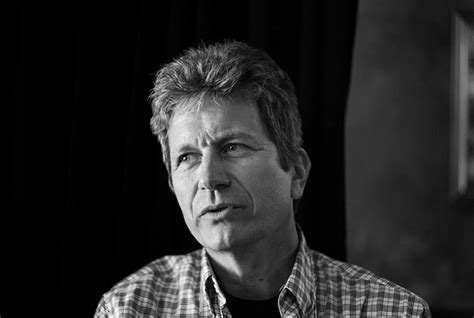A Quote by Andrew Bujalski
I don't want to take shots at professional actors, because obviously the great ones are great. But I do think that given the kind of stories I've been telling in my films, it's hard for me to imagine how professional actors would have done better. And it's easy for me to imagine how they would have done worse. Because I think a lot of what an actor is trained to do and a lot of what an actor's instincts point toward is clarification, is always making it clear what's happening in the story, how the character fits into the scene, what the character wants.
Related Quotes
The actor has to have some degree of craft, along with the talent. No one tries to laugh except bad actors. No one tries to cry except bad actors. How a character hides his feelings tells us who he is. Most people don't know that, and most actors don't do that. Therefore, there are a lot of actors who put me to sleep, that are considered good actors, but they're predictable and boring. I know how the scene is going to end before it ends.
Actors always direct themselves. A good actor shows up onset ready, especially in television, and you've done your homework and you know your character. The director may have some variation on what you're thinking or they may have a different interpretation of the scene. So you come prepared to shoot and you've given yourself notes. In television, it may be the first time you're meeting this director and you've been living in this character's skin for a couple of years. It's always great to have fresh perspective and fresh insight, but no one knows your character better than you do.
I love acting. I can't imagine anything else that I would do. I know a lot of actors that really want to be directors and be musicians and all that stuff. I like acting and I feel like I'm good at it. It kinda makes me happy. It's actually pretty easy to me and I can't imagine doing anything else at this point because I've been doing it for so long.
The ability to stretch my range into all genres and characters is something I take great pleasure in doing. I thoroughly enjoy it. I consider myself a character actor, though some think of me as a leading man. As an actor, I love shifting gears from character to character, and the more range I can expand, the better.
I was working with actors who were very easy to work with, but I can just imagine how, with all the other decision-making problems that come up along the way, in addition to that, the whole point of what your doing is following performance and character development. You're building your story with those building blocks, and it is not easy. I've only come out with more respect for directors, from this.




